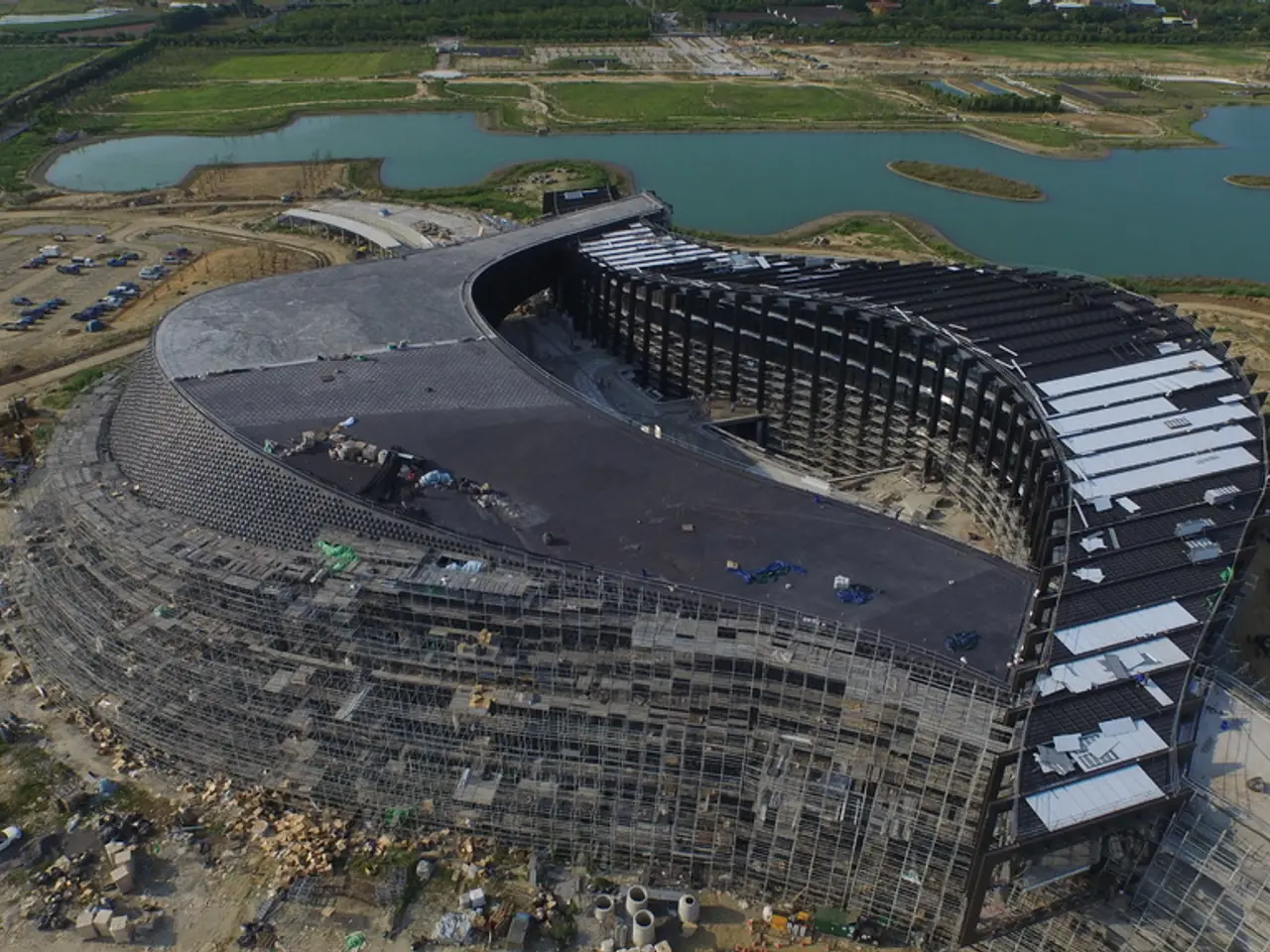Undergoing Renovation Disputes: Is it Obligated to Accept Subpar Workmanship from the Property Developer?
Battling Recurring Moisture Woes: A Legal Guide
Welcome to our community, fellow homeowners! Today, we'll steer you through the legal waters when it comes to dealing with persistent moisture damage in your row house, especially when the builder isn't playing ball. Let's dive right in!
Embracing Legal Action Against Moisture Problems
Suppose you've been enduring recurring moisture issues in your row house, and the builder seems to be falling short on solutions. Don't lose hope just yet! Here's a step-by-step guide to help you navigate the legal landscape:
1. Evidence and CommunicationBegin by painstakingly documenting the moisture damage through images, videos, and detailed notes. Keep this evidence along with documentation of all communication with the builder. These records will fortify your case should legal action become unavoidable.
2. Examining Contracts and WarrantiesReacquaint yourself with the terms of your purchase agreement and any builder warranty, searching for clauses addressing defects or moisture-related issues. These might outline the builder's obligations and any relevant time limits to tackle problems.
3. Engaging a Specialist AttorneySeek the assistance of a real estate or construction attorney. They can aid in determining whether the builder has breached the warranty or contract and provide insight into your possible courses of action.
4. Formal Notice to the Builder Send a formal letter to the builder, detailing the moisture damage, referencing relevant warranty obligations and demanding a resolution within a specified timeframe. This document serves a valuable purpose for future legal claims.
5. Mediation or ArbitrationSome contracts require disputes to go through mediation or arbitration before entering the courtroom. Your attorney can help you decide if these alternatives are applicable and assist with the initiation process.
6. Pursuing Compensation or Injunctive ReliefIf the builder doesn't amend the issue, your lawyer may help you file a lawsuit to claim compensation for repair costs or damages, such as property loss or decreased value. You may also request the court to order the builder to rectify the moisture problem.
7. Gauging Neighbor and Insurance ImpactIf neighboring properties or common structural defects are involved, there could be homeowners' association or insurance implications. Understanding liability and coverage may necessitate additional legal consultations.
Legal Fine Print
- Proving negligence or breach might require expert inspection reports to substantiate the source and cause of moisture damage.
- Courts typically compel builders to rectify minor defects rather than granting extensive repairs.
- Legal principles like the "natural flow rule" may limit builder or neighbor liability if negligence isn't established[1][3].
- Reviewing any homeowners association (HOA) bylaws (if applicable) is advisable, as HOAs sometimes mandate accountability for common elements that might be responsible for moisture damage[5].
Armed with this knowledge, you'll be better equipped to face persistent moisture damage and ultimately compel the builder to adhere to their legal and contractual responsibilities. Engaging an experienced attorney early increases your chances of reaching a desirable resolution. Remember, patience, perseverance, and solid evidence are key!
Stay tuned for more updates on homeownership and property matters!
[Source & Additional Reading: 1, 2, 3, 4, 5]
P.S. Don't forget to mark your calendars for our housing hotline on June 30, 2025, from 10 to 11 am. Give us a call at 05 9030 22337 or send your questions to immo@our website.
Immo Linggo - Legal & Real Estate Insights
To tackle the recurring economic and social issues caused by the persistent moisture damage in your row house, you may need to engage in investing in legal action against the builder. Consulting a specialist attorney who is knowledgeable in real-estate matters can help you understand if the builder has breached any contracts or warranties, providing insight into your possible options.
Moreover, if the legal action is unavoidable and the builder fails to rectify the moisture problem, your attorney can help you pursue compensatory damages for repair costs or property loss, or even file a lawsuit requesting the court to order the builder to correct the issue.






